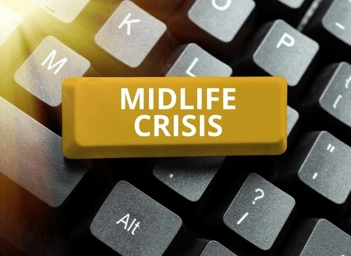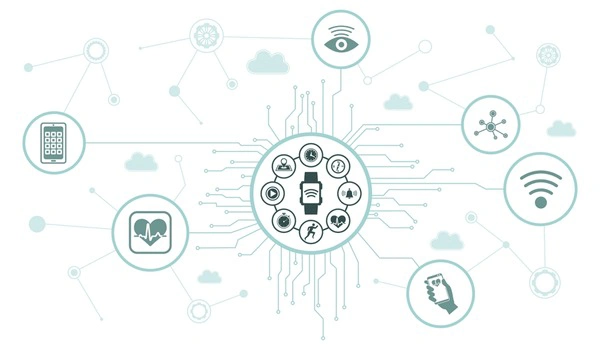
Enhancing Relationships Through Effective Communication Skills
Effective communication is key to building strong relationships, whether at work or home. By mastering skills like active listening and clear expression, you can enhance understanding, reduce conflicts, and create a more balanced lifestyle. These skills are not just about exchanging information but about truly understanding and connecting with others.
David Yi
04/12/2024 - 7 months ago

Understanding Communication Skills
In today's fast-paced world, communication is more than just exchanging information; it's about understanding the emotion and intention behind the information. Research consistently shows that strong communication skills can significantly enhance relationships and contribute to a balanced lifestyle. Whether at work or home, effective communication can lead to better problem-solving, increased trust, and more productive collaborations.
One key aspect of effective communication is active listening. This involves fully concentrating, understanding, and responding to what is being said. Active listening is not just about hearing words; it's about understanding the message behind them. This skill is crucial for building rapport and ensuring that everyone feels heard and valued, leading to healthier relationships both professionally and personally.
Clear expression is another cornerstone of effective communication. It involves articulating your thoughts and feelings in a way that is easy for others to understand. This requires not only a good choice of words but also the right tone and body language. By mastering the art of clear expression, you can prevent misunderstandings and foster a more transparent and trusting environment.
- Read Also: The Role of Psychology in Smart Investing
The Role of Active Listening
Active listening is a fundamental component of communication that can transform your interactions. When you actively listen, you show the other person that their thoughts and feelings matter. This can help build stronger connections and resolve conflicts more effectively. Research has found that people who practice active listening tend to have more successful personal and professional relationships.
To practice active listening, start by giving the speaker your full attention. This means putting away distractions like phones and focusing entirely on the conversation. Nod occasionally to show understanding and use verbal affirmations such as 'I see' or 'I understand' to encourage the speaker to continue. These small gestures can make a significant difference in how your communication is perceived.
Another important aspect of active listening is asking questions. This not only shows that you are engaged but also helps clarify any points you might not have understood. Asking open-ended questions encourages the speaker to elaborate and provides more insight into their perspective. This approach can lead to more meaningful and productive conversations.
- Read Also: The Transformative Power of Mindful Eating
Mastering Clear Expression
Clear expression means conveying your thoughts and emotions in a straightforward and effective manner. This skill is vital in both personal and professional settings, where misunderstandings can easily arise. By expressing yourself clearly, you can ensure that your message is received as intended, reducing the risk of confusion and conflict.
To communicate clearly, start by organizing your thoughts before speaking. Consider what you want to say and how best to say it. Use simple language that is easy to understand, especially when discussing complex topics. Avoid jargon or technical terms unless you are sure the listener understands them. Clarity in communication helps in making interactions more efficient and less stressful.
Non-verbal cues play a significant role in clear expression. Your body language, facial expressions, and tone of voice all contribute to how your message is perceived. Maintaining eye contact, using an appropriate tone, and aligning your facial expressions with your words can enhance the clarity of your communication. These elements ensure that your message is not only heard but also felt.
Improving Relationships Through Communication
Effective communication is the bedrock of strong relationships, whether at home or work. By honing your communication skills, you can improve understanding, decrease conflicts, and build stronger connections. This not only enhances your personal and professional life but also contributes to a more fulfilling and balanced lifestyle.
To improve relationships through communication, practice empathy by putting yourself in the other person's shoes. Understanding their perspective can help you respond more compassionately and constructively. This approach fosters a culture of mutual respect and understanding, which is crucial for any successful relationship.
Finally, remember that communication is a two-way street. It's not just about expressing your own thoughts and feelings but also about being receptive to the other person's perspective. Encourage open dialogue and be willing to listen and adapt. This reciprocity can lead to more effective problem-solving and a more harmonious environment, whether at work or at home.


















